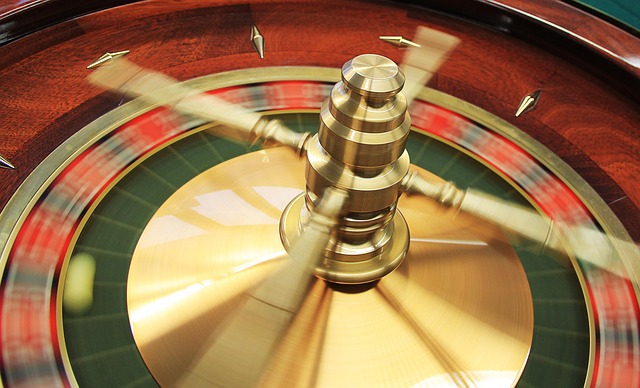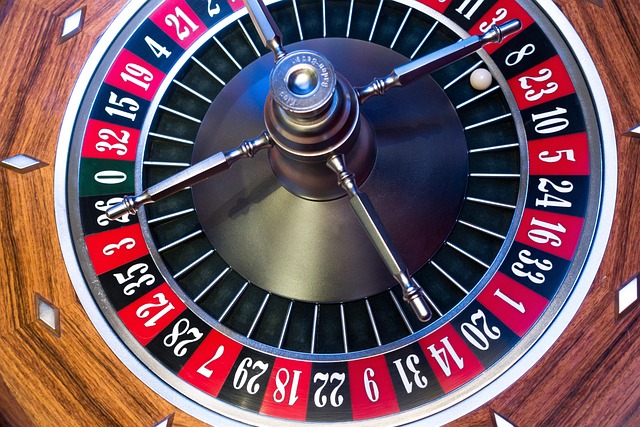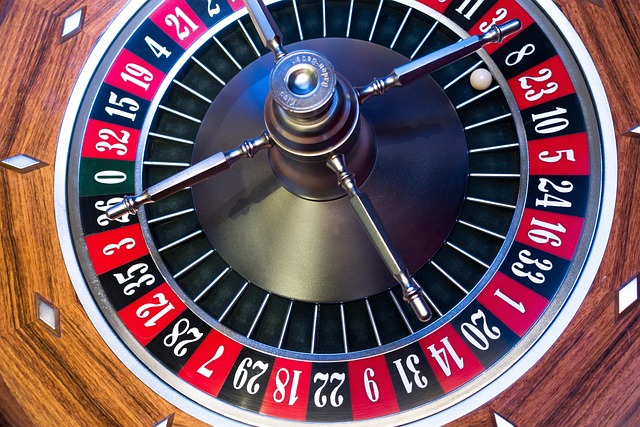Roulette has fascinated gamblers for centuries, offering a blend of chance and excitement that continues to captivate players worldwide. At its core, the game is a study in probability, where each spin is an independent event governed by the physics of a spinning wheel and a falling ball. Understanding how these random spins shape winning strategies requires a clear grasp of the mechanics of randomness, the role of house edge, and the psychological factors that influence betting decisions.
The Nature of Randomness in Roulette
In roulette, randomness is achieved through the chaotic motion of the ball and wheel. Despite the illusion of predictability, each outcome is statistically independent. This means that the result of one spin bears no influence on the next, a principle known as the law of independent trials. Consequently, the probability of landing on a specific number or color remains constant throughout a session: 1 in 37 (European) or 1 in 38 (American) for a particular number, and 18/37 (European) or 18/38 (American) for red or black.
Because each spin is random, long-term averages converge toward these probabilities. Over a small sample, streaks and patterns can appear, but they are simply the natural variation expected in random processes. A key takeaway is that betting systems that assume the past influences the future, such as the Martingale, are based on a misconception of how random events accumulate.
Common Misconceptions About Randomness
Gamblers often fall prey to the gambler’s fallacy, believing that a missed number is “due” to appear soon. In reality, the wheel’s physics does not remember previous outcomes; each spin is an isolated event. Another misunderstanding is the hot‑and‑cold theory, which suggests that certain numbers are more likely after a streak. Statistical analysis of thousands of spins consistently shows that all numbers maintain roughly equal frequency over time.
“The wheel has no memory; every spin starts anew.” – Casino Probability Analyst
Strategies That Respect Randomness
While no strategy can overcome the built‑in house edge, certain betting approaches manage risk more effectively by acknowledging the random nature of each spin. These strategies focus on bankroll management, disciplined betting limits, and the use of bets with higher probability of winning, albeit with lower payouts. Below are some well‑established methods that align with statistical reality.
- Even‑Money Bets: Betting on red/black, odd/even, or high/low offers nearly 50% chance of success. Although payouts are modest, these bets reduce variance, allowing players to sustain play longer.
- Kelly Criterion: This betting fraction formula adjusts stake size based on expected edge and probability, ensuring optimal growth while limiting downside.
- Flat Betting: Maintaining a consistent stake each round keeps exposure predictable, preventing large swings that can deplete a bankroll quickly.
The Martingale and Its Limitations
The Martingale system, popular for its simple doubling strategy after a loss, appears attractive because it guarantees a profit if a win eventually occurs. However, the underlying assumption—that a win will come before the bankroll is exhausted—is statistically fragile. Randomness ensures that losing streaks can, and often do, occur. The required bankroll grows exponentially: a single loss on a 10‑unit stake demands a 20‑unit bet next round, then 40, and so on. In practice, tables have limits that cap this doubling, making the strategy unsustainable.
- Start with a small base bet.
- Double after each loss.
- Return to the base bet after a win.
While the Martingale can produce short bursts of profit, it exposes players to catastrophic losses, especially when table limits or bankroll constraints are reached.
Probability Calculations for Informed Betting
Understanding exact probabilities empowers players to make rational choices. For instance, a single number bet pays 35:1, but the probability of winning is only 1 in 37 (European). A broader bet, such as a dozen or column, pays 2:1 with a 12/37 chance of success. Using expected value calculations, one can see that every bet carries a negative expectation due to the house edge. The European wheel has a 2.7% edge, while the American wheel’s 5.26% edge increases the disadvantage for players.
To illustrate, consider a $10 bet on red: expected return is $10 × (18/37) ≈ $4.86, meaning a net loss of $5.14 on average. The cumulative effect of many such bets erodes a bankroll more quickly than an individual large wager might.
Bankroll Management Principles
Managing a bankroll is essential because roulette’s random outcomes can produce extended losing streaks. The following guidelines help keep risk in check:
- Set a total bankroll for roulette sessions, separate from daily finances.
- Determine a session stake size (often 1–2% of the bankroll) to protect against ruin.
- Limit the number of spins per session to prevent fatigue and impulsive betting.
- Use stop‑loss thresholds: stop playing if a predefined loss limit is reached.
These practices align with professional gambling disciplines and increase the likelihood of maintaining a sustainable playing experience.
Psychology Behind Roulette Play
Beyond mathematics, roulette is deeply psychological. The visual cue of the ball’s descent, the anticipation of the final landing, and the instant payoff all trigger emotional responses that can override rational decision‑making. Gamblers often exhibit a confirmation bias, noticing outcomes that fit their chosen narrative while disregarding contradictory data.
To mitigate this, players should keep a betting log, noting stakes, outcomes, and emotional states. Reviewing this record helps identify patterns of overconfidence or loss‑seeking behavior that random spins alone cannot justify.
Maintaining Discipline in Random Environments
Staying disciplined requires conscious effort. Some techniques include:
- Pre‑Set Goals: Decide ahead of time whether the goal is to win a specific amount or to preserve capital.
- Take Scheduled Breaks: Short pauses help reset focus and reduce the tendency to chase losses.
- Mindful Betting: Pause before placing a bet to assess whether the decision is based on sound probability or emotional impulse.
By integrating these practices, players can better navigate the inherent randomness of roulette and avoid letting it dictate their strategies.
Alternative Games: A Comparative Perspective
While roulette remains a staple, players might consider games with different probability structures. For example, blackjack offers the opportunity to influence outcomes through card counting and basic strategy, reducing the house edge to as low as 0.5% with optimal play. Craps and baccarat also provide varied betting options that can accommodate both low‑variance and high‑variance play styles. Comparing these games highlights that randomness is a universal feature of casino gaming, but the degree to which a player can affect outcomes differs markedly.
When Roulette Is Still the Right Choice
Roulette remains attractive for several reasons:
- Simplicity: The game requires minimal skill, making it accessible to all players.
- Spectacle: The spinning wheel and visual anticipation provide a unique gaming experience.
- Bet Variety: From single numbers to combinations of dozens, players can tailor risk levels to their comfort.
Ultimately, whether roulette is suitable depends on a player’s risk tolerance, bankroll discipline, and enjoyment of the game’s random nature.
Concluding Thoughts on Random Spins and Winning Strategies
Roulette’s random spins are both its charm and its challenge. Recognizing that each spin is an independent event, free from past influence, allows players to ground their strategies in statistical truth. While no betting system can guarantee victory against the built‑in house edge, disciplined bankroll management, respect for probability, and psychological self‑control enable players to enjoy the game responsibly and potentially maximize their experience.
In the end, roulette is less about predicting the unpredictable and more about embracing the unpredictable. By treating the wheel as a purely random mechanism and applying rational strategies, players can navigate the spin with confidence, turning the thrill of chance into a well‑managed adventure.



